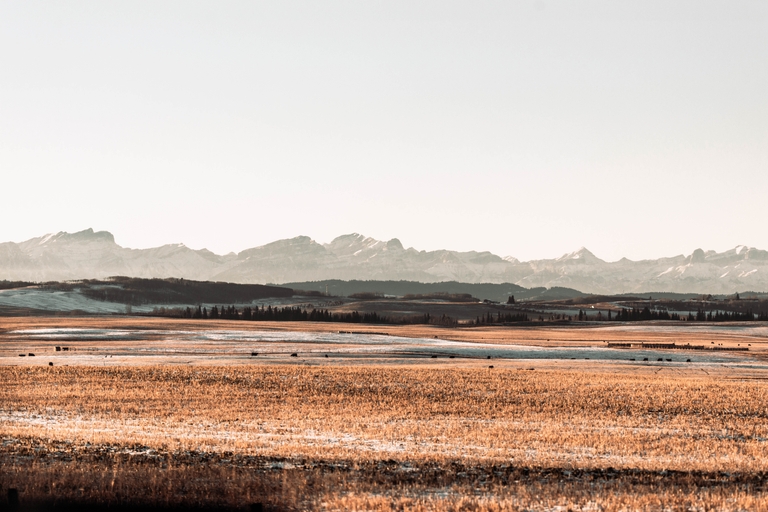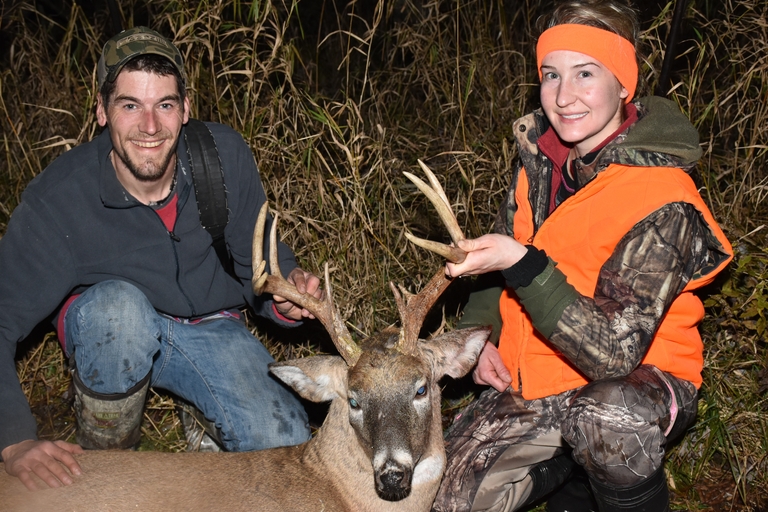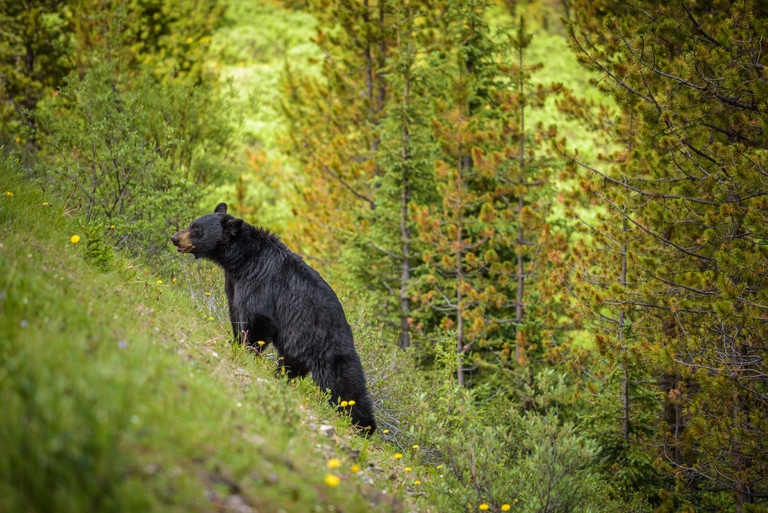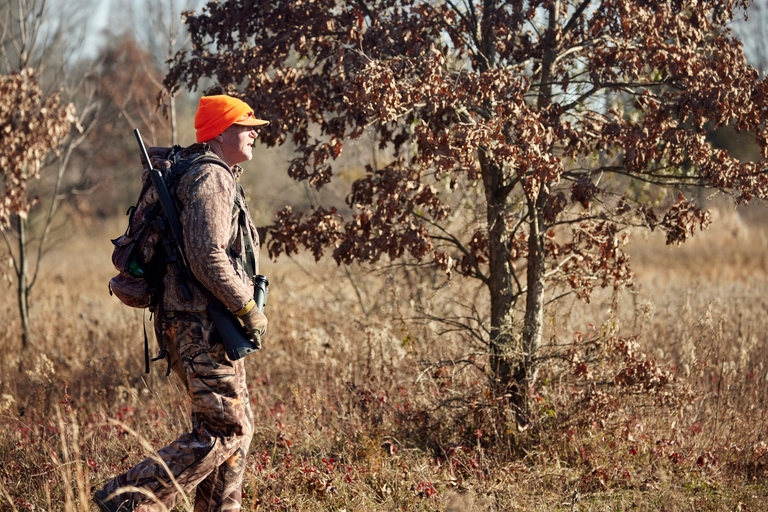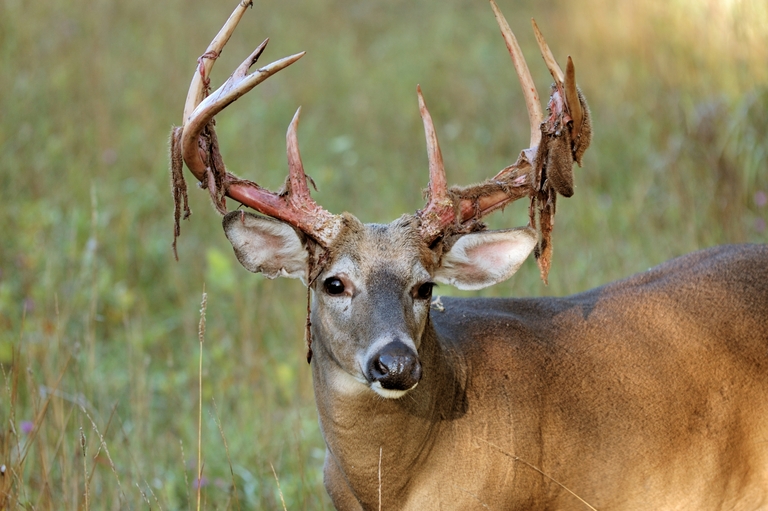Ethical Hunting: The Ultimate Organic Food Source
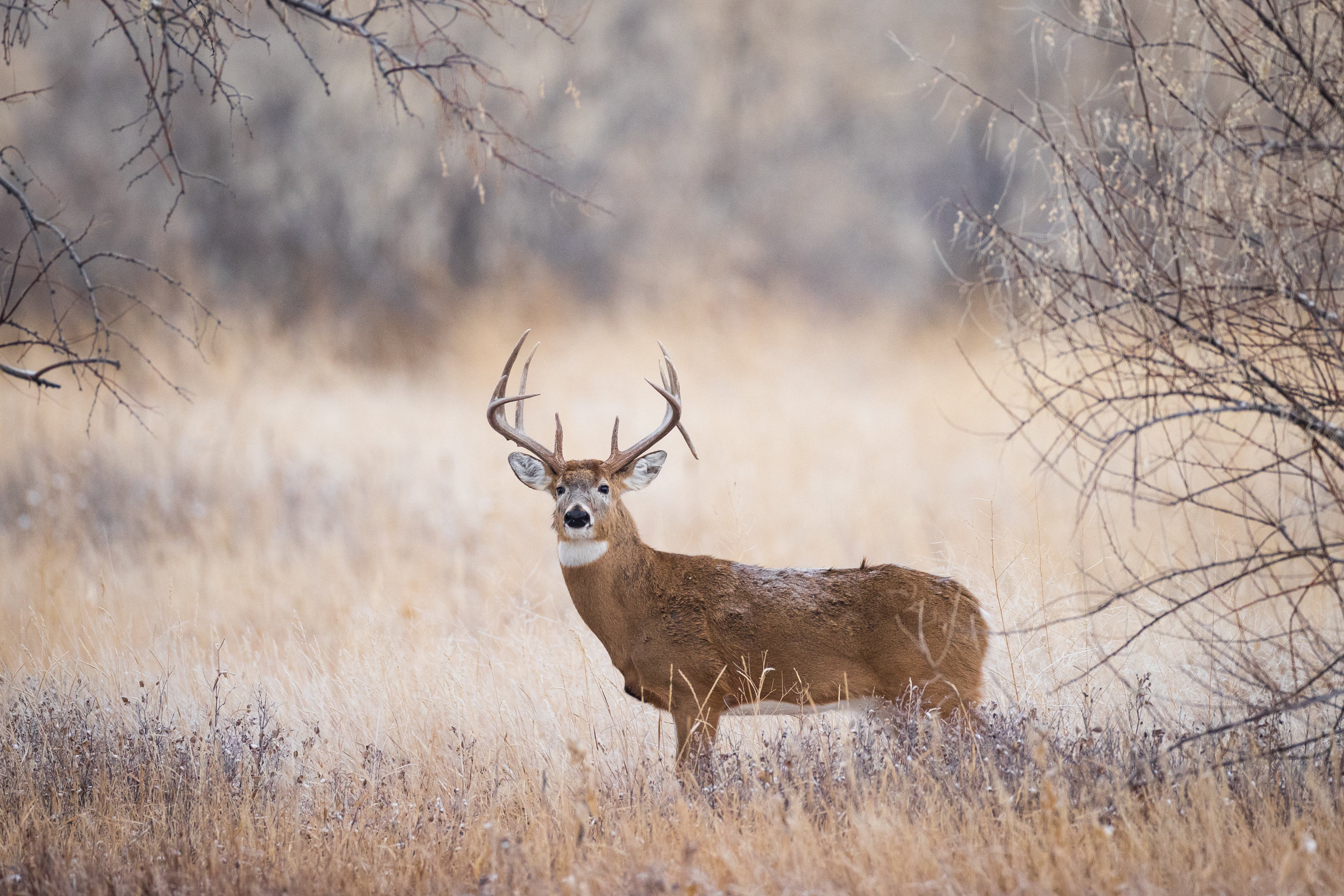
Developing a sustainable lifestyle and eating truly organic, "farm-to-table" food is a trend all across the country. Whether people are actively trying to protect the environment or be more aware of where their own food comes from, people participating in this lifestyle know that they must cultivate their skills of growing and harvesting their own food correctly and ethically to survive.
As a result, many non-hunters have turned to hunting as their source for organic meat.
The fundamentals of ethical hunting are the backbone of a sustainable lifestyle and the key to a truly organic meat source. They can be categorized as preparation, respect, conservation, and fair chase – or simply, The Hunter's Code. However, for every hunter, old or new, the day will come when their loyalty to The Hunter's Code is tested. If, and only if, the hunter passes this "test," they then consider themselves a true and ethical hunter.
Today, we highlight various aspects of ethical hunting and how to stay safe when hunting to fill your table organically!

The Fundamentals of an Ethical Hunt
Every new hunter needs a foundational understanding of hunting ethics.
A prepared hunter knows which firearm to use for different types of game and always brings the necessary equipment needed to complete the harvest. They regularly practice their marksmanship to ensure a clean shot and always exercise safety when handling and maintaining their firearm or bow. They will also let an opportunity pass if they cannot make a fatal or safe shot.
A respectful hunter uses the whole animal whenever possible and is considerate and clean when field-dressing an animal near public roads or private property.
A responsible hunter follows the laws and regulations of the area where they are hunting and always maintains a sense of mutual respect for other hunters and landowners.
Ethical Hunting Supports Conservation
Sustainability goes hand in hand with conservation. Hunters who abide by conservation best practices play an integral part in maintaining the health of a herd or species and ensuring their survival.
However, those who do not abide by the laws and poach animals out of season, without a tag or on private property without permission, are violating both the law and the unspoken code of conduct that requires hunters to hold themselves to a high standard of morality when harvesting game for their freezer.
Without the constant presence of onlookers and game wardens, "fair chase" often becomes a test of morality and ethics as hunters try to stay true to The Hunter's Code.
The Ethical Option for Feeding Your Family
To hunt, process, and cook your own meat is no walk in the park, and not everyone will be able to stomach the process of killing or cleaning wild game. However, by cutting out the middle man, you can ensure that the food on your plate was obtained ethically and is truly 100 percent organic.
Factory farming is notoriously cruel. Considering the treatment of livestock, it's no surprise that ethical hunting is often considered the perfect source for organic, free-range meat.
Hunting is Cost-Effective
The key to sustainability is ensuring the longevity of a resource. This not only means pursuing the most cost-effective route for your own means but also actively contributing to the continued existence of a species, learning lifelong skills that provide sustenance, and having heightened respect for yourself, the world you live in, and the animals that thrive off of it.
Locavore hunters hunt for a sustainable and ethical lifestyle, focusing on local game. From a sustainability standpoint, hunting is a much more cost-effective option as a household meat source. Feeding a family of three for one year (by the FDA's required amount of protein intake) with store-bought meat is much more expensive than hunting and harvesting your own meat.
Fishing and hunting require an initial purchase of firearms and gear, but with proper maintenance and the purchase of yearly tags, the cost is next to nothing compared to store-bought, factory-farmed meat.
Plenty of hunters plan their hunts in advance to make them as cost-effective as possible. Consider stocking up on gear during big holiday sales or choosing a more inexpensive option of certain products, like rimfire ammunition, over a more expensive bullet with more recoil.
Hunt Ethically and Safely with a Hunter Safety Course
If a more sustainable and budget-friendly way to feed your family is appealing, make sure you start by learning hunting and safety essentials. Take time to learn about the game species in your area and when and how to hunt them by following The Hunter's Code.
You'll also want to stay safe when tracking and harvesting your game. Hunter-Ed offers online safety courses to help new and experienced hunters learn valuable safety skills to protect themselves (and others) while on the hunt. Many states also require hunters to carry a safety certification.
Find the course for your state, then learn about firearm and bow safety, hunting ethics, how to find your safe zone of fire, and more!
Originally published March 20, 2017. Content updated December 18, 2023.

